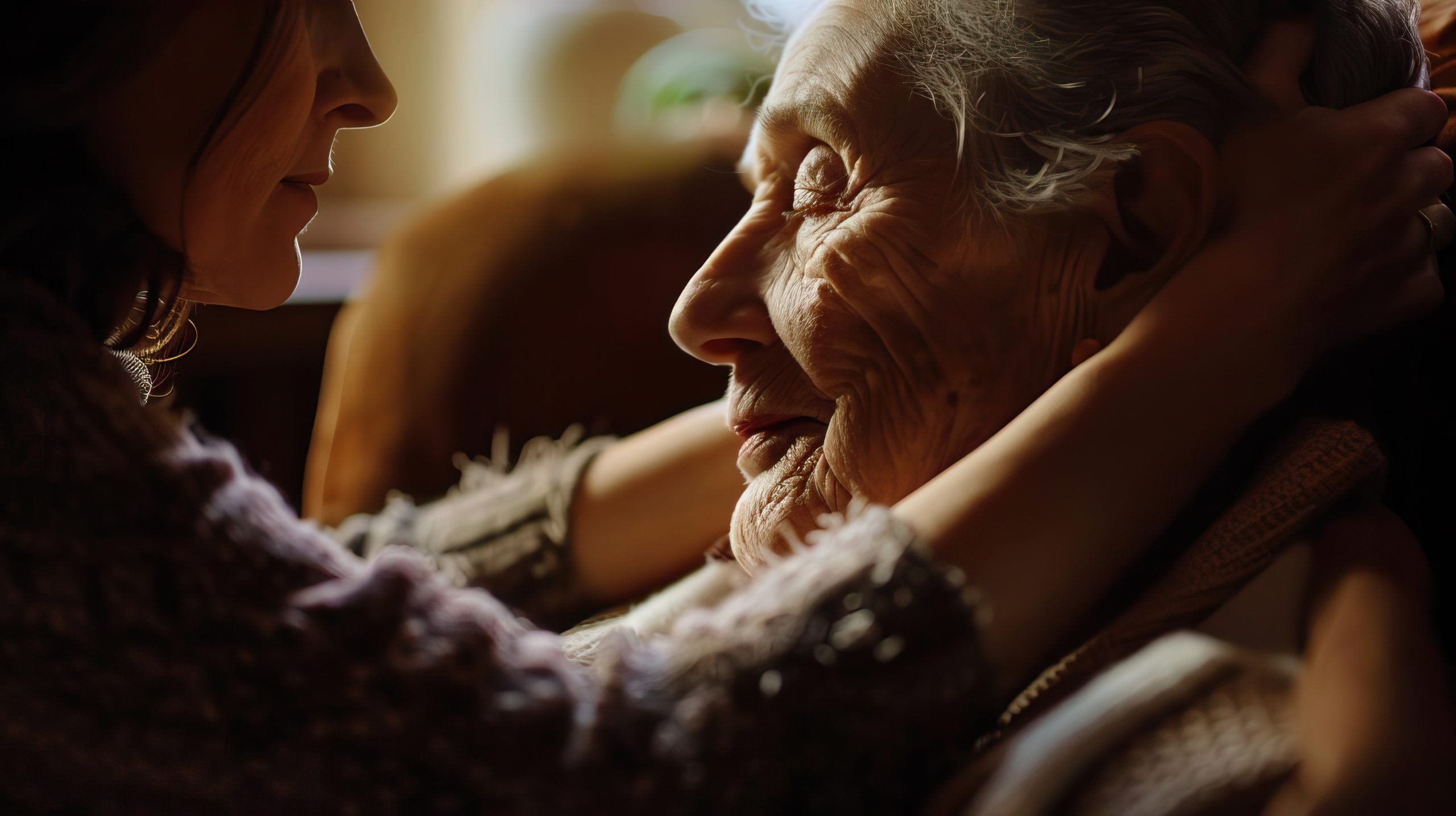Hospice care is a special kind of care given to people who are nearing the end of life. The goal of hospice care isn’t to make the patient less sick but, rather, to provide comfort to the patient and ensure their quality of life is as good as it can be.
Deciding when to transfer a loved one to hospice care is one of the most difficult decisions you’ll ever have to make.
You always think you’ll have more time with your loved ones, but there comes a point where you have to do what’s best for them—which may include transferring them to hospice care to make sure they’re comfortable and not in pain. Here are some of the tell-tale signs you should look for when deciding whether or not hospice care is the right choice for you and a loved one:
Decreased Alertness and Increased Time Sleeping
One sign that it may be time to consider hospice care is if you or your loved one has a decrease in alertness, is sleeping more, or is confined to a bed or chair for most of the day.
When you’re near the end of life, your body’s metabolism starts to shut down. This decreases your body’s natural supply of energy, and even the easiest tasks are exhausting.
Your body’s metabolism starts to fail a few months before end of life, so increased time sleeping doesn’t mean you have to transition to hospice care immediately, but it can suggest that hospice care will be needed in the coming months.
Eating and Drinking Less
As you age, your body typically doesn’t need as much nourishment as it did when you were young. As your metabolism slows down even more near the end of life, you lose interest in food.
If your loved one isn’t eating or drinking very much, it’s a sign that hospice care may be required.
Hospice healthcare professionals are trained to make sure their patients are comfortable. They’ll provide ice chips to suck on or dab water on the patient’s lips to keep them from cracking. They’ll also make sure there’s food available when and if the patient is hungry.
Increased Pain, Shortness of Breath, or Vomiting
These are all signs that the body isn’t operating as it should be, and you or your loved one could be near the end of life.
As your body begins to fail, it’s important to reduce the amount of pain you’re in. Often, this requires medication that may need to be administered and/or supervised by a healthcare professional.
The primary goal of hospice care is to make patients comfortable, and a large part of this is pain management. Nobody wants to see their loved ones in pain, and hospice care is one of the best ways to keep you and your loved ones comfortable as the end of life nears.
Inability to Perform Basic Tasks of Daily Living
Most people want to stay at home as long as possible before the end of life, but there comes a point when that isn’t safe anymore—especially for someone who lives alone.
If you or your loved one is struggling to complete the basic tasks of daily living, like using the bathroom, walking, getting dressed, or showering, making the difficult decision to transfer to hospice care may be the best option.
Withdrawal from Family, Friends, and Loved Ones
If you or your loved one starts to withdraw from everybody in their life, it’s a sign that the end of life may be coming sooner than you’d like and that hospice care is needed.
Often, people attribute the withdrawal of their loved ones nearing the end of life to the fact that they are sleeping more and don’t have the energy to communicate. However, there are signs of withdrawal you can watch out for before someone gets to the stage where they’re sleeping most of the day.
If your loved one becomes detached from friends, family, and their environment, this may be a sign that they’re letting go and are preparing for end of life.
Other signs that your loved one is withdrawing include:
- Making funeral plans or expressing their dying wishes
- Making amends
- Giving away personal belongings
Rapid Decline in Health in the Past Six Months
If you see a steep decline in your loved one’s health within a short period of time even with aggressive treatment, it may be time to consider hospice care.
Even with the most aggressive treatment and doing everything possible, sometimes a disease wears the body out so much that the end of life is inevitable. While nobody wants to give up the fight, if there is a rapid decline in your loved one’s health within a six-month period of time, it’s likely a sign that the treatment isn’t working. Medication often makes patients feel unwell, and transitioning from aggressive treatment to hospice care can make the end of life more comfortable for the patient.
Your Physician Recommends Hospice Care
Physicians will do everything in their power to help their patients fight disease and heal. However, with their expertise also comes the knowledge of when the disease has won and the end of life is near.
If your physician recommends hospice care, they’re doing so because it’s the best option. It’s a difficult conversation to have, but just as you’ve trusted your doctor throughout your journey fighting your disease, you should trust them when they advise that it may be time for hospice care.
Choosing to transition from actively fighting your disease to hospice care is one of the most difficult decisions you’ll ever make. It may feel like you’re giving up on your life, and everybody wants to fight for their life as hard as they can for as long as they can.
If you notice any of the signs on this list, it may be time to have the difficult conversation with your family, friends, and physician to decide if hospice care is right for you or your loved one. For more information on hospice care, feel free to contact us at any time.





